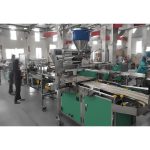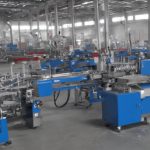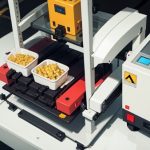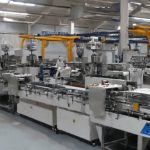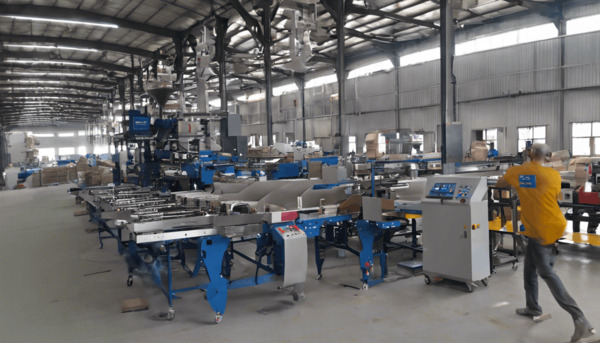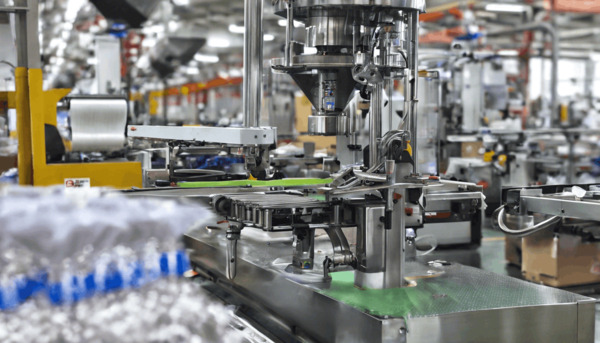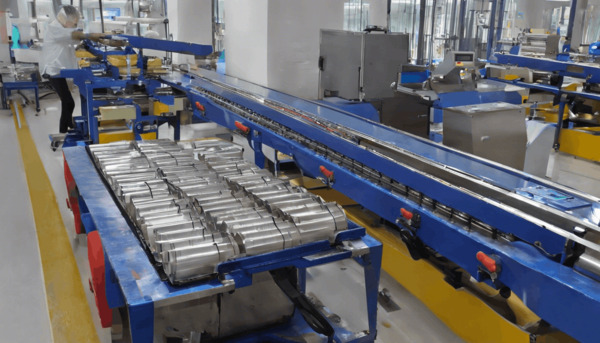
What is a Coffee Pod Machine?
A coffee pod machine is a type of single-serve coffee maker that utilizes pre-packaged coffee pods, capsules, or pads to brew a fresh cup of coffee with minimal effort. These machines are designed to deliver convenience, speed, and consistency in brewing coffee, making them an increasingly popular choice for home and office use. Coffee pod machines eliminate the need to measure coffee grounds, deal with filters, or clean up messy coffee residues, which appeals to busy individuals and those who value simplicity in their morning routines.
Coffee pod machines are also part of a broader category of coffee-making devices that cater to the single-serve market. These machines come in various designs and with different features, but their core functionality revolves around using pre-packaged coffee pods that contain a measured amount of ground coffee sealed in a paper or plastic shell. With just the press of a button, the machine punctures the pod, forces hot water through it, and dispenses a freshly brewed cup of coffee.
In this comprehensive guide, we will explore the working mechanism, types, advantages, disadvantages, and market trends surrounding coffee pod machines. We will also delve into their relationship with bag sealing machines, as these devices play a critical role in manufacturing and sealing coffee pods.
How Does a Coffee Pod Machine Work?
Basic Working Mechanism
The operation of a coffee pod machine is straightforward, designed for ease of use. Below is an outline of how these machines work:
- The user fills the water reservoir of the machine with clean water.
- A coffee pod is inserted into the designated compartment or holder within the machine.
- When the machine is activated, it punctures the pod using needles or sharp nozzles.
- Hot water is heated to an optimal brewing temperature (typically 90–96°C or 195–205°F) by an internal heating element.
- The machine forces the hot water through the punctured pod at controlled pressure to extract coffee flavors.
- The brewed coffee flows into a cup placed beneath the dispensing nozzle, ready to be enjoyed.
The entire process usually takes less than two minutes, making it a fast and efficient way to prepare a single cup of coffee.
The Role of Coffee Pods
Coffee pods are pre-packaged portions of ground coffee that are sealed in paper, plastic, or aluminum casings to preserve freshness. They are available in various flavors, blends, and intensities, offering consumers a wide range of options to suit their preferences. Coffee pods are typically nitrogen-sealed to ensure that the coffee remains fresh until it is used.
The design of the pods ensures that they are compatible with specific coffee pod machines. Major brands like Nespresso and Keurig manufacture their proprietary pods to work exclusively with their machines, while some generic pods are designed to fit multiple machine models.
Types of Coffee Pod Machines
1. Single-Serve Pod Machines
Single-serve pod machines are the most common type of coffee pod makers. These machines brew one cup of coffee at a time and are ideal for individuals or households with varying coffee preferences. Single-serve machines are compact and easy to use, making them popular in small kitchens or office spaces.
2. Capsule-Based Machines
Capsule-based machines work similarly to pod machines but use capsules instead of pods. Capsules are typically made of aluminum or plastic and are hermetically sealed to maintain freshness. Brands like Nespresso dominate this market segment with machines designed for high-pressure brewing that mimics espresso-making techniques.
3. Hybrid Coffee Makers
Some hybrid coffee makers can use both pods and ground coffee, providing users with more versatility. These machines often feature dual compartments—one for pods and another for traditional brewing methods like drip or espresso.
Advantages of Coffee Pod Machines
Coffee pod machines offer several benefits that make them appealing to consumers:
Convenience
One of the primary advantages is convenience. Users can brew a fresh cup of coffee without measuring grounds, boiling water, or dealing with filters.
Consistency
The pre-measured pods ensure consistent flavor and strength in every cup, eliminating guesswork in brewing.
Variety
Coffee pods come in a wide range of flavors and blends, allowing consumers to try different types without committing to large quantities.
Compact Design
Most coffee pod machines are compact and lightweight, making them suitable for small spaces like apartments or office break rooms.
Disadvantages of Coffee Pod Machines
Environmental Concerns
One significant drawback is the environmental impact associated with disposable pods, which contribute to plastic waste if not recycled properly.
Cost
Coffee pods can be more expensive per serving compared to buying ground coffee or beans in bulk.
Limited Compatibility
Many brands design their machines to work only with their proprietary pods, which can limit consumer options and lead to higher costs.
The Role of Bag Sealing Machines in Coffee Pod Manufacturing
What Are Bag Sealing Machines?
Bag sealing machines are industrial devices used to seal various types of packaging materials, such as plastic bags or film pouches, in manufacturing processes. In the context of coffee pod production, these machines play a critical role in sealing ground coffee within the pods or capsules to maintain freshness and prevent contamination.
How Do Bag Sealing Machines Work in Coffee Pod Production?
During production, ground coffee is filled into pre-formed pods or capsules using automated filling equipment. The pods are then passed through bag sealing machines equipped with heat-sealing mechanisms or ultrasonic welders that hermetically seal the pods to ensure they are airtight and tamper-proof.
Why Are Bag Sealing Machines Important?
Sealing is crucial for preserving the aroma, flavor, and quality of the coffee inside the pod while extending its shelf life.By maintaining an airtight seal, bag sealing machines help prevent exposure to moisture, oxygen, and light that can degrade coffee quality.Sealed pods ensure food safety by preventing contamination during storage and transportation.
